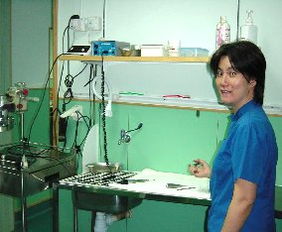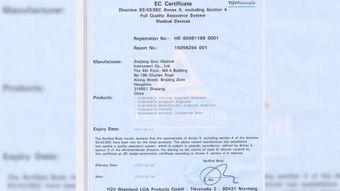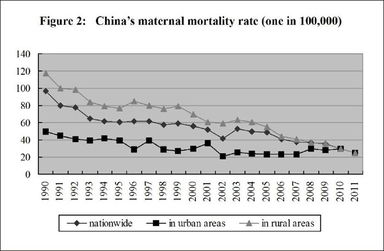CNF AR Full Meaning in Medicine: A Comprehensive Overview
Have you ever come across the term “CNF AR” in a medical context and wondered what it stands for? In this article, we delve into the full meaning of CNF AR, exploring its significance, applications, and implications in the field of medicine. By the end, you’ll have a clearer understanding of this term and its relevance in healthcare.
What is CNF AR?

CNF AR, which stands for “Cystic Nephroma with Atypical Renal Cell Features,” is a medical term used to describe a specific type of kidney tumor. It is a rare condition that falls under the category of renal cell carcinoma (RCC), which is the most common type of kidney cancer.
Cystic nephroma is a benign (non-cancerous) kidney tumor that typically presents as a cystic mass. However, in some cases, these tumors exhibit atypical renal cell features, which can make them more challenging to diagnose and differentiate from malignant (cancerous) tumors.
Understanding the Diagnosis

Diagnosing CNF AR involves a combination of clinical evaluation, imaging studies, and histopathological examination. Here’s a breakdown of the diagnostic process:
-
Clinical Evaluation: Your doctor will gather information about your medical history, symptoms, and risk factors. Common symptoms of kidney tumors include blood in the urine, pain in the side or lower back, and unexplained weight loss.
-
Imaging Studies: Imaging techniques such as ultrasound, computed tomography (CT) scan, and magnetic resonance imaging (MRI) are used to visualize the kidney and identify any abnormalities. These studies can help determine the size, location, and characteristics of the tumor.
-
Histopathological Examination: A biopsy or surgical removal of the tumor is necessary to obtain a tissue sample for analysis. A pathologist will examine the tissue under a microscope to determine whether the tumor is benign or malignant and to identify any atypical renal cell features.
Management and Treatment

The management and treatment of CNF AR depend on various factors, including the size, location, and characteristics of the tumor, as well as the patient’s overall health. Here are some common treatment options:
-
Observation: In some cases, particularly when the tumor is small and exhibits no atypical features, your doctor may recommend observation rather than immediate treatment. Regular follow-up with imaging studies and clinical evaluations will be necessary to monitor the tumor’s growth.
-
Surgery: If the tumor is larger or exhibits atypical features, surgery may be necessary to remove the tumor. The type of surgery will depend on the tumor’s location and size. Options include partial nephrectomy (removal of a portion of the kidney) or nephrectomy (removal of the entire kidney).
-
Chemotherapy and Radiation Therapy: These treatments are typically used in cases where the tumor has spread to other parts of the body. Chemotherapy involves the use of drugs to kill cancer cells, while radiation therapy uses high-energy beams to destroy cancer cells.
Prognosis and Long-term Outlook
The prognosis for patients with CNF AR varies depending on the tumor’s characteristics and the stage of the disease at diagnosis. Most patients with CNF AR have a good prognosis, especially if the tumor is diagnosed and treated early. However, it’s essential to follow your doctor’s recommendations and undergo regular follow-up evaluations to monitor for any recurrence or progression of the disease.
Prevention and Risk Factors
While there is no definitive way to prevent CNF AR, certain risk factors can increase your chances of developing the condition. These include:
-
Family History: A family history of kidney cancer or other genetic conditions can increase your risk.
-
Age: The risk of developing CNF AR increases with age.
-
Gender: Men are more likely to develop kidney cancer than women.
-
Environmental Factors: Exposure to certain chemicals and toxins, such as cadmium and arsenic, may increase your risk.
Conclusion
CNF AR is a rare kidney tumor that requires careful diagnosis and management. Understanding the full meaning of CNF AR can help patients and healthcare providers make informed decisions about treatment and follow-up care. By staying informed and proactive, you can take steps to improve your prognosis and









